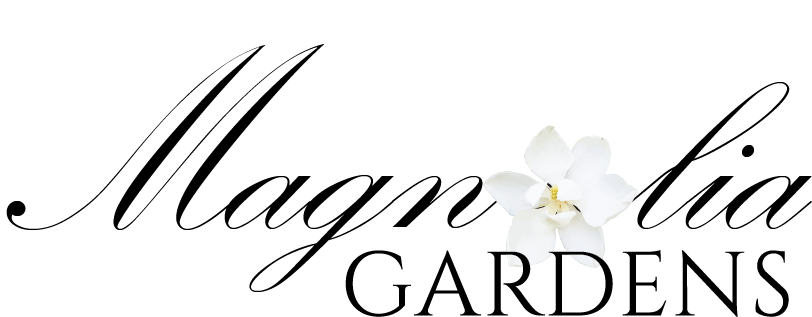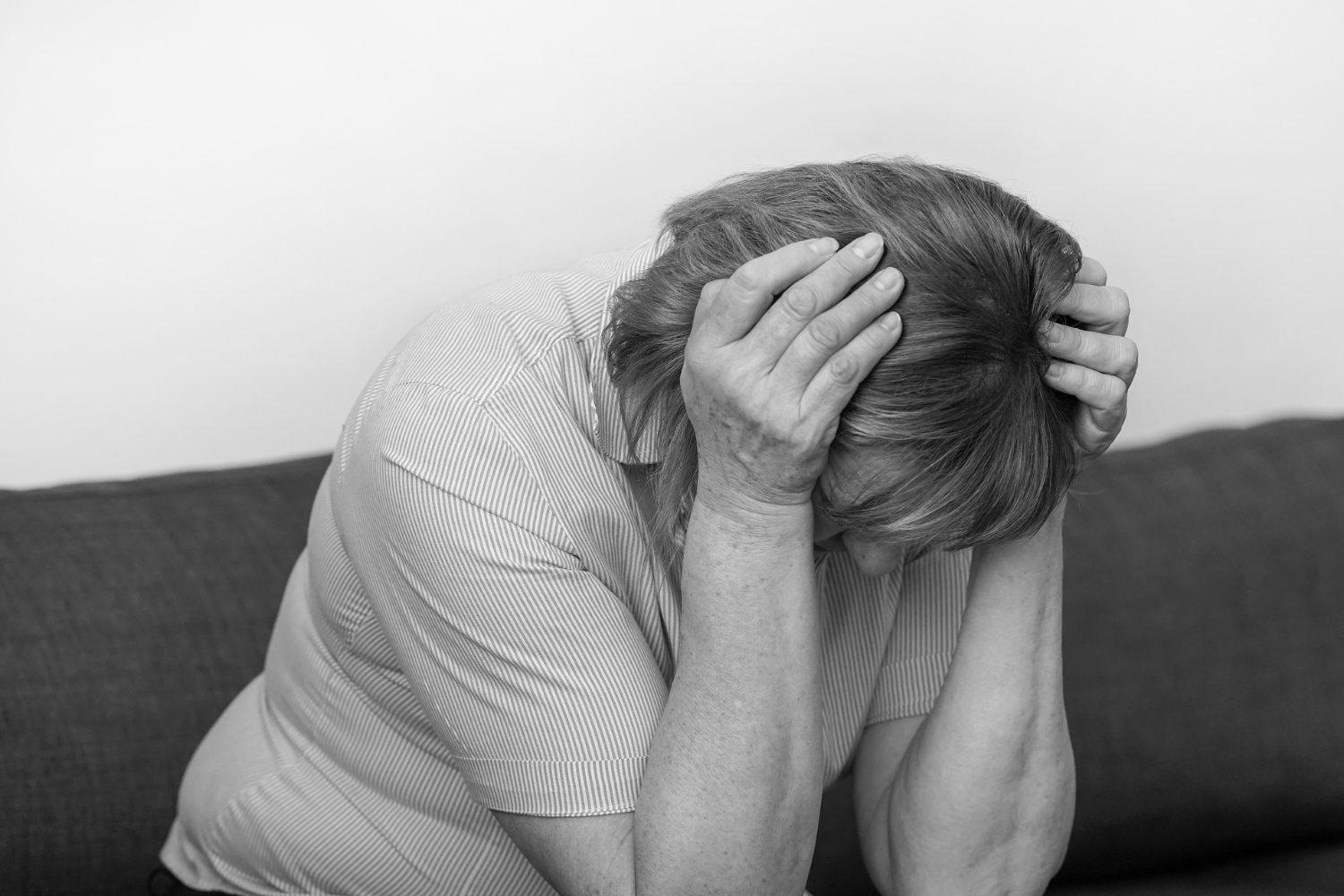The Warning Signs of Elder Abuse
As people get older, they generally become more dependent on other people. Sadly, what sometimes happen to the most vulnerable in society, like seniors, is they are more vulnerable to being abused by a family member, a caregiver or even a neighbor. It can happen in the older person’s home, a home of a relative, or an assisted living facility or a nursing home.
Elder abuse, in short, is when someone neglects or harms a person over the age of 60. At Magnolia Gardens, the care of your loved one is at the center of what we do. For this reason, we want to make sure that we help make you aware of some of the warning signs of elder abuse, so you can protect your loved one!
Please note this is not an extensive list of abuse situations or symptoms. We are also not physicians. Please contact law enforcement and/or your doctor if you suspect any of these things to be happening to a loved one.
Types of Abuse
Physical Abuse
This is the use of force against an elderly person that causes pain or injury. This is not accidental. This may include actions like pushing, hitting, restraining, or confining.
Emotional Abuse
Emotional abuse is the use of intimidation, humiliation, ridicule, constantly placing the blame on the elderly person, and other manipulative behavior. This may also include ignoring the person or acting in a menacing way.
Sexual Abuse
This is any contact with the elderly that is without their consent. Some victims of sexual abuse are unable to give consent due to health conditions, such as those with dementia or Alzheimer’s.
Financial Abuse
This is the misuse of an elderly person’s funds, including checks, credit cards, or bank account information. Financial abuse would also include forging their signature, stealing their personal property, or engaging in identity theft.
Healthcare Fraud
Healthcare fraud is done by unethical doctors, nurses, or professional caregivers. Situations like over-medicating or under-medicating, over-charging, or taking kickbacks for prescribing drugs, and insurance fraud are all examples of healthcare fraud.
Sometimes the signs of elder abuse are hard to identify, especially with people suffering with dementia or Alzheimer’s. Often, elderly individuals are ashamed to talk about what is happening to them. Try t look for the following signs:
Injuries like bruises, welts, or scars that can’t be explained
Broken bones, sprains, or dislocations
Signs that your loved one was being restrained like marks on the wrists
Unusual weight loss, malnutrition, or dehydration
Living conditions that are unsanitary, such as bed linens that have been soiled, bugs, or clothes that they have been in for too long
Not being dressed appropriately for the weather
Unsafe housing like no running water, a lack of heat, faulty wires, and other hazards
Deserting the senior in a public place
Withdrawals from bank accounts or charges on credit cards that can’t be explained
Changes in wills, titles and insurance policies
Subscriptions for goods and services that your loved one doesn’t use
If you suspect that your loved one is being abused or if you are being abused, report it!
Report the abuse by calling 911. Then, in the state of Washington, report the abuse to the Washington State Department of Health and Human Services.
Resources and Hotlines
Washington State Department of Health and Human Services: 1-877-734-6277
Washington State Department of Social and Health Services: 1-866-ENDHARM
Need help finding a loving care environment for your loved one?
At Magnolia Gardens, we take this very seriously and make sure your loved one is cared for with the love and respect they deserve. Call us today if you have questions or concerns regarding senior care in Vancouver.


